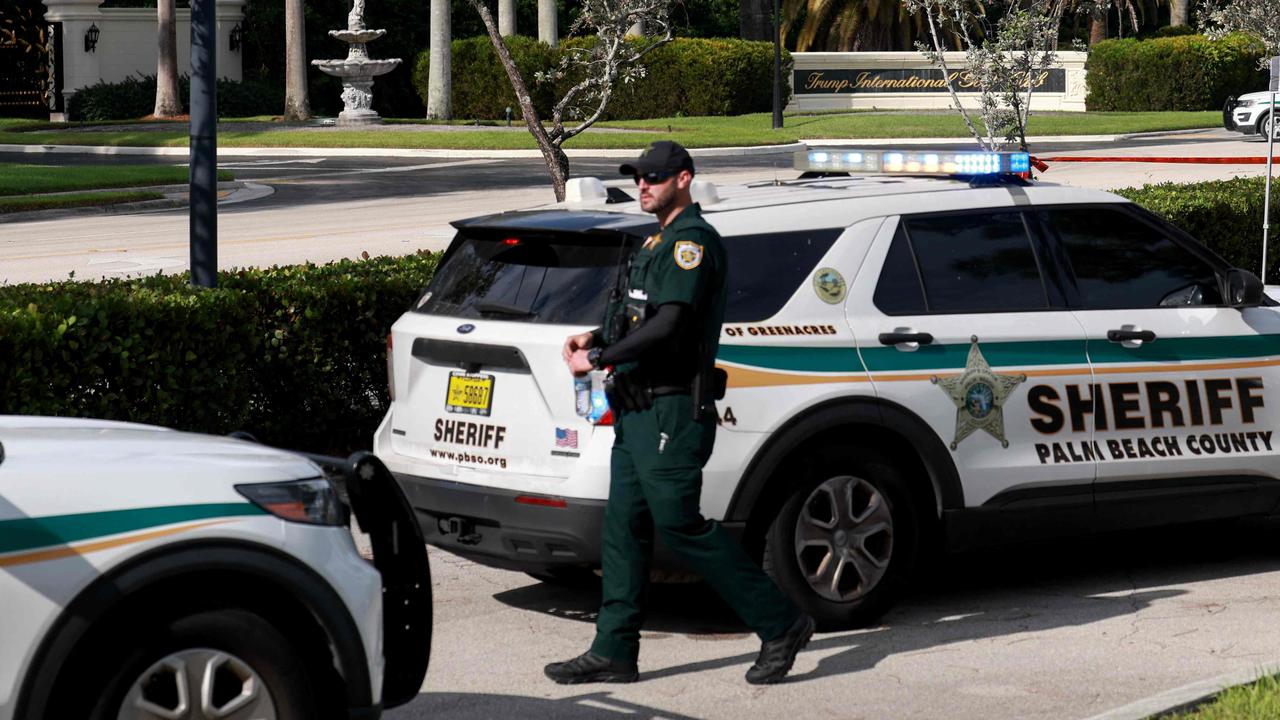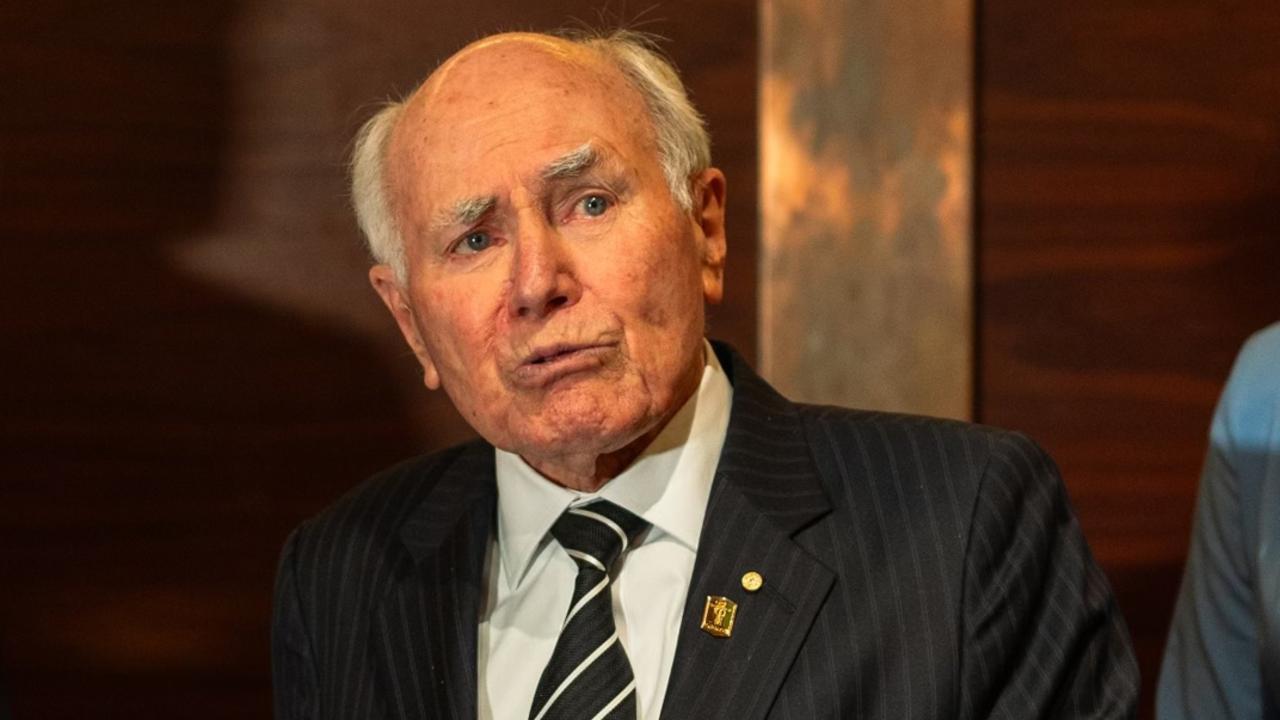Queensland is ripe for real education reform
WITH a new government holding 90 per cent of the seats, Queensland has an opportunity to instigate genuine reform in many policy areas.

Opinion
Don't miss out on the headlines from Opinion. Followed categories will be added to My News.
OPINION: With a new government holding 90 per cent of the seats, Queensland has an opportunity to instigate genuine reform in many policy areas.
And by reform this is not just organisational tinkering, but 'change for the better' - that overcomes inertia, vested interests, outdated policies and makes the community better off.
Unfortunately, in Australia the term 'reform' is overused, often camouflage for just same old, same old.
And an area needing reform is school education - its administration, its delivery and its focus, and its performance.
This is not because Queensland education is markedly worse than elsewhere.
Rather it is because education reform is integral to improving not only a state's economy, but also its social, cultural and civic well-being.
The old universal publicly funded education model while appropriate when it was developed in the 19th century when most left school early, is no longer financially sustainable these days.
Nor is it able to cope with the diversity of our population and growing demands from parents.
The Queensland Government ought to consider making education reform a top priority area because it is the states, not the government in Canberra, that have the constitutional responsibilities and powers to make the right education changes.
The states have the experience, the contacts, and they are the largest employers of teachers whose quality is so fundamental to good education, and they determine what schools go where and when.
The states are also the regulators of schools, teachers and largely still determine the curriculum.
Certainly, Australia as a small nation must strive for a national education system, but the states are so important and too often they seem to take the back seat and let the Federal Government take the lead, as it is trying to do now with the so-called Gonski 'reforms.'
Queensland deserves better. Our children deserve better. We can do better. And this government has the political capital and time to steer Queensland education in a new and more innovative direction.
Of course, undertaking education reform, making a difference in our classrooms and improving outcomes is difficult.
Education reform takes time, is complex and involves competing values. It has to deal with not only an entrenched and highly unionised workforce, but also one that has professional standing.
You need to get the teachers on board, rather than throwing them overboard.
That requires great political skill, a good process, patience and policy change over a long period of time.
Problems with Queensland education to be addressed include the need to treat all schools and all school children as part of a total education system.
The 'them versus us' attitude between the public and non-government sectors that pervades state bureaucracies (and much of the so called Gonski debate) does little to tackle key education challenges.
State government agencies have been too concerned about regulating and constraining the non-government sector.
Not only is this a conflict of interest, given they are also education providers, but it misses the point. It is not where children go to school that matters, but the quality of education. Also we know from the evidence that choice, competition and school autonomy improve quality.
The Queensland government has already started the reform process.
It has established 'independent' schools within the public system - we need more, we need the state schools to have the same flexibility, the same autonomy and the same diversity as their non-government counterparts.
We need the Education Department to stop being a regulator and provider of education services and focus on providing policy advice and setting frameworks for education.
Rather it should be a purchaser of services from the best provider.
We need a body like Centrelink for education.
There should be a link between parental demands and funding. State funding should follow where children go.We could also let non-government schools be established in new areas rather than having both public and non-sector providers duplicating facilities.
We need to deregulate the processes of establishing new schools and ensure that planning and infrastructure requirements are the same across the board.
And the State Government could improve teacher quality by recruiting those with higher university results and by creating a bigger pool of potential teachers through support of HECS payments for high-performing students doing teacher education.
The Newman Government has an opportunity for lasting education reform.It will not be easy, but if pursued it could really make Queensland the smart state - and match the rhetoric of previous governments that was never matched by appropriate actions.
*Professor Scott Prasser is the executive director of the Australian Catholic University Public Policy Institute.
Originally published as Queensland is ripe for real education reform






